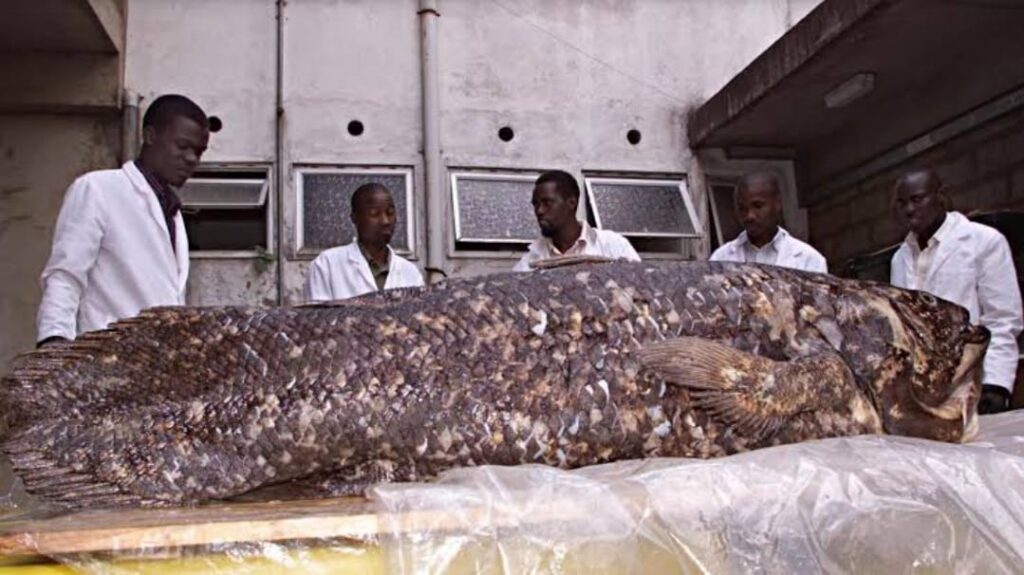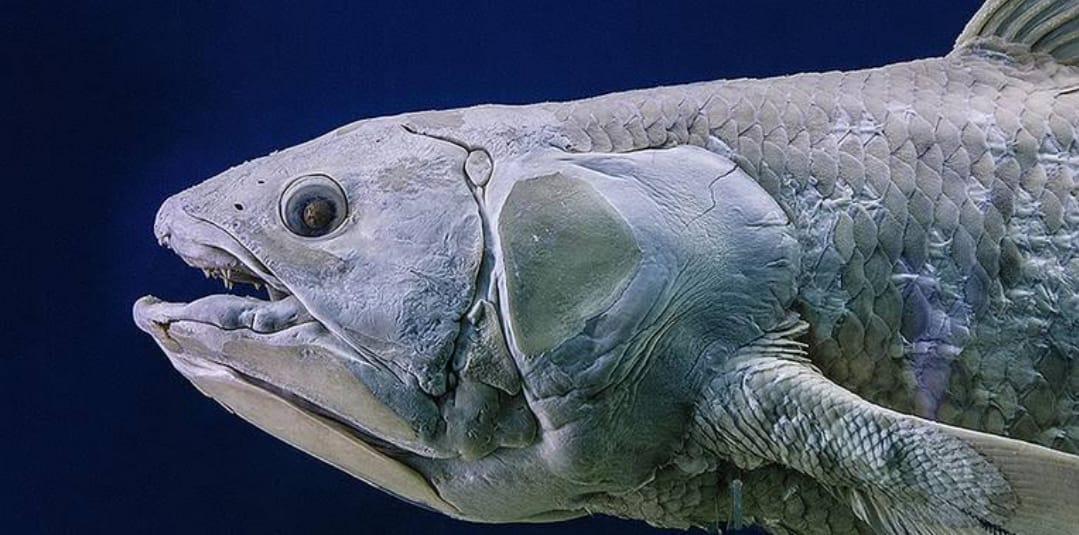Fish living almost for 100 years -The Coelacanths. Coelacanths are slow-growing fish that can live up to 100 years. These are 2 meters long, we find these 90 kg living fossil near the Comoro Islands off the sea coast of Africa. These slow-moving, people-sized fish are nicknamed ‘living fossil’. They grow at an extremely slow pace. Coelacanths lived around 400 years ago and were believed to be extinct until found alive in 1938 in South Africa.
Earlier, scientists figured that the large and slow-growing fish lived around 20 years. But by a standard technique of dating commercial fish, scientists came to the truth that these fish have lived around 100 years. They live around a depth of 200 metres. We find them around the steep rocky slopes of a volcanic island.

Researchers proved that pregnancy in these fish can last about five years. Female coelacanths don’t get their maturity until their late 50s and male one’s get mature at 40 to 69 years. The study also said that the 5 years of gestation is also strange or almost rare for any fish, said the Scripps Institute of Oceanography’s Harold Walker.
We found the oldest fish is 84 years at the time of its capture in 1960. Earlier, scientists got to know the age of a fish by counting big lines on the coelacanth fish, but later the French scientists found that the smaller lines were missing which could only be seen in polarized light.
Coelacanths move slowly and, being drift feeders, they feed upon cephalopods and small fish. They are the only living creatures with a jointed skull that also moves upwards for the gape of the mouth. Their limbs are also unique. A bone internally supports it by which they can move their fins just like humans. We do not find this feature in many other fishes. Most experts believe it is an ancient ancestor of modern-day bony fish.
There are only two known populations in the world, isolated for millions of years. Without noticing the critically endangered species where coelacanths come in one of them and with no management, these species can be lost forever.
Written by – Stephen Christian

